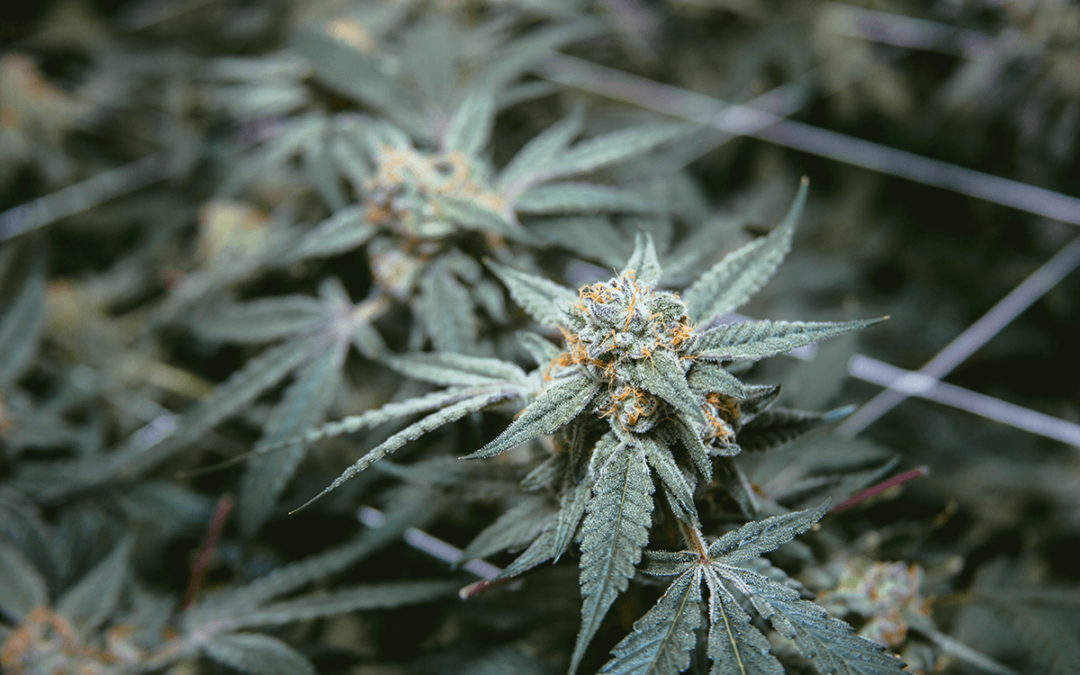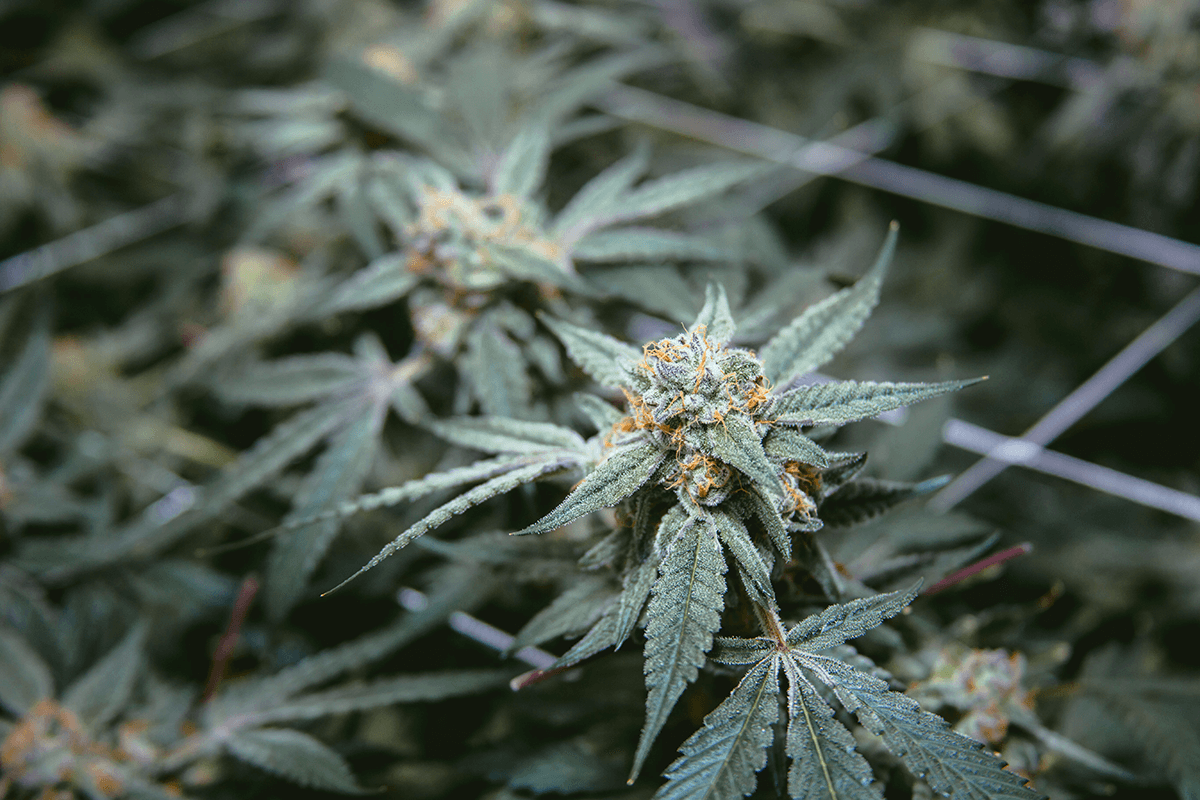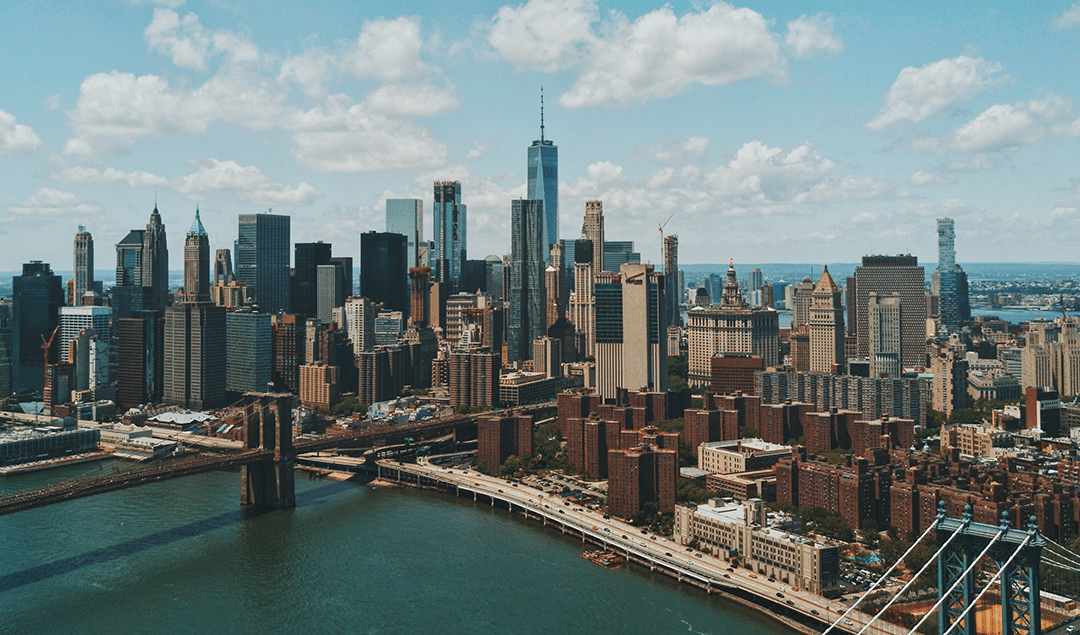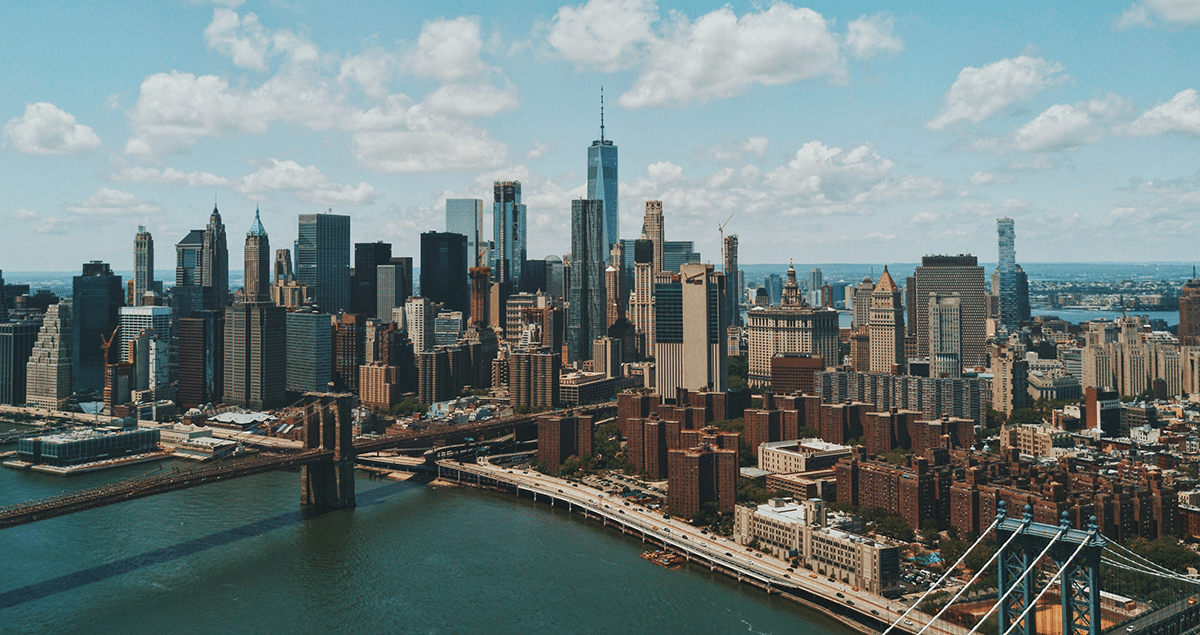
What Would New York Cannabis Legalization Look Like?

The vote on New York cannabis legalization could happen today. What does that mean for the industry, and the country?
After reaching a landmark deal that aims to integrate a recreational cannabis industry into New York’s current medical cannabis program, the state legislature could be voting as soon as today on whether or not New York cannabis legalization will pass. The bill’s passing would be a massive decision with even bigger ramifications for the legal cannabis industry at large.
But how would a cannabis industry in New York theoretically look? One thing is for sure; the industry would be huge.
What’s in the bill
The bill potentially on its way to Governor Andrew Cuomo’s desk would allow adults in the state to buy cannabis in retail stores, and also sample it in tasting rooms similar to wine tasting venues. They would also be able to grow a limited number of marijuana plants at home – six per person and up to 12 per household.
If passed, the New York cannabis legalization law would not go into effect until late 2022, which means businesses like dispensaries may not open until after that period.
Fifty percent of the licenses to grow and sell marijuana would be set aside for what’s known as equity businesses, which includes people from disproportionately impacted communities and small farmers. They would have access to loans, grants, and incubator programs.
The funds for this program will come from a 13 percent sales tax to be charged on the sale of marijuana. State revenues could reach $350 million dollars a year and the money would be split between the community reinvestment fund, public education, and efforts to combat drug addiction.
The legislation further decriminalizes possession of marijuana, eliminating penalties for having 3 ounces or less of cannabis, or storing up to 5 pounds at home. It also would expunge the records for people with previous convictions for amounts that are no longer criminalized.
How it could impact the industry
If New York cannabis legalization passes, the state would become the 15th state to legalize cannabis, and the second largest to legalize behind California. Ranking barely third behind Texas in state GDP, the economy of New York is already massive, which would all but guarantee an equally massive legal cannabis industry.
Similar to California, New York also has a thriving illicit market already in operation in the state. Cannabis delivery services are very popular in New York City where anyone can ride their bike across the city to deliver cannabis products. While few other states allow cannabis delivery in their recreational cannabis programs, New York cannabis legalization would likely allow for delivery services to continue, if not thrive under new legal regulation.
California sold the most cannabis in 2020 at $4.4 Billion worth. However in combination with its relatively small medical cannabis industry which generated around $50 million in 2020, a New York legal cannabis industry would generate over $1 Billion by 2024. That would put New York in the top five cannabis markets in just two years of operation.
To say that New York cannabis legalization would make the state a major player with influence on the direction of the industry would be an understatement.
How it could impact the country
California alone generated over twice as much sales revenue in 2020 than all of Canada where cannabis is federally legal. With the addition of a massive industry after New York cannabis legalization, that number could easily double again, making the United States a legal cannabis behemoth despite federal law.
The massive profits will likely draw the attention of more politicians who will see the potential benefits of legalizing in their own states, or even federally. In states where cannabis is legal, opinions on legalization generally improve over time after those against it see the benefits it brings. In a massive state like New York, a sway in public opinion on legalization could create waves that reach across the east coast and even the country.
Nearly 70% of Americans already support federal cannabis legalization, with 90% supporting federally legal medical cannabis. With New York’s population the number will rise making it nearly impossible for legislators on the federal level to keep ignoring. Of course when it comes to politics, nothing is a guarantee.
A whole new world awaits
The reality is that if New York cannabis legalization passes, the entire industry is likely to change. Entrepreneurs and corporate cannabis entities will flock to New York to capitalize on the new, fresh industry. And with such a massive economy, there will be no shortage of opportunity.
A legal cannabis industry in New York is likely to jump start movement across the east coast, with Pennsylvania and Maryland likely to follow should the industry show promise. Florida has already surpassed $1 Billion in sales with medical marijuana alone, and a full recreational industry would likely explode there as well.
The dominoes of cannabis legalization have been slowly falling state after state, and New York is one BIG domino that could change everything. But just like California, New York could also fall short.
Despite its massive revenue generation and thriving cannabis industry, California has suffered immensely due to its changing regulations with lack of communication or leniency, exorbitant licensing and square footage fees that punish small farmers, and a thriving illicit market that the state can’t quash.
New York must tread lightly or risk facing a similar fate to their west coast cousin, which could have an inverse effect on the future of cannabis legalization across the country. Only the future will tell.
















